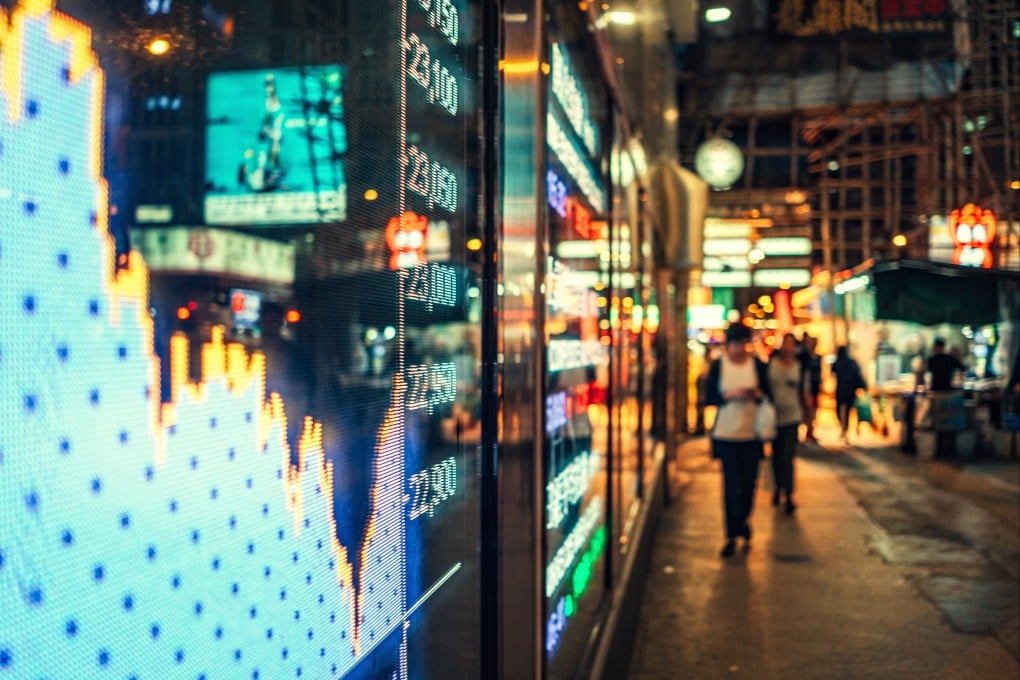Singapore-based hedge funds that beat Asia turmoil are looking to China to extend winning run in 2023
- Dymon Capital, Modular and Asia Genesis outline strategies to extend their winning run in 2023 after beating the Covid-induced turmoil in 2022
- Going long on Hang Seng Index, betting against the Japanese yen and stocks are among favourite trades

But some money managers beat the odds and turned a profit. In a volatile era where active trading should theoretically trump index investing, here’s how they did it and some of the opportunities they see in the year ahead.
Dymon Asia Multi-Strategy Investment Fund
The fund enjoyed a 5.1 per cent gain in 2022, growing its assets under management to US$2.3 billion. The key drivers to returns came from anticipating directional moves in Asian currencies, relative value trades in rates, and volatility trades in equities, said Kenneth Kan, deputy CEO of Dymon Asia Capital.
For the year ahead, China’s reopening is a theme much of the firm is watching. Chinese “revenge travelling” after the lifting of restrictions could help currencies such as the Thai baht, the Singapore dollar, the Korean won and the euro. Consumption has already started picking up and could accelerate after the Lunar New Year holiday, the fund manager said.
In a strong US dollar environment, “one could put on a relative-value FX trade against another country that could see less tourists from China,” Kan said, citing India as an example with comparatively few Chinese arrivals. “In equities, the China reopening trade will benefit travel, hospitality, and luxury stocks in particular.”
Modular Asset Management (Singapore)
The Singapore-based manager, helmed by Millennium Management alumnus Jimmy Lim, scored a 14.3 per cent gain without a down month last year, with its assets under management sitting at US$1.1 billion.
One trade that did well was a year-long bet through November favouring the Singapore dollar against a basket of currencies of its trading partners. It anticipated the city-state to be the first in the region to exit Covid restrictions, leading to higher trade and tourism flows. A further boost came from the central bank’s move to strengthen the currency to combat inflation, Lim said.
Modular also envisioned post-Covid reopening would help Malaysia absorb labour displaced from service industries, bringing wage pressure and leading to rising local interest rates. The wager paid off when Malaysians hoarding the greenback led to tighter liquidity and credit conditions, forcing rates up, he added.

